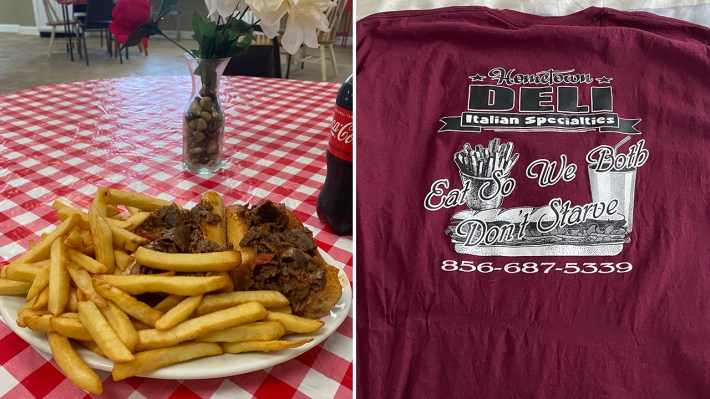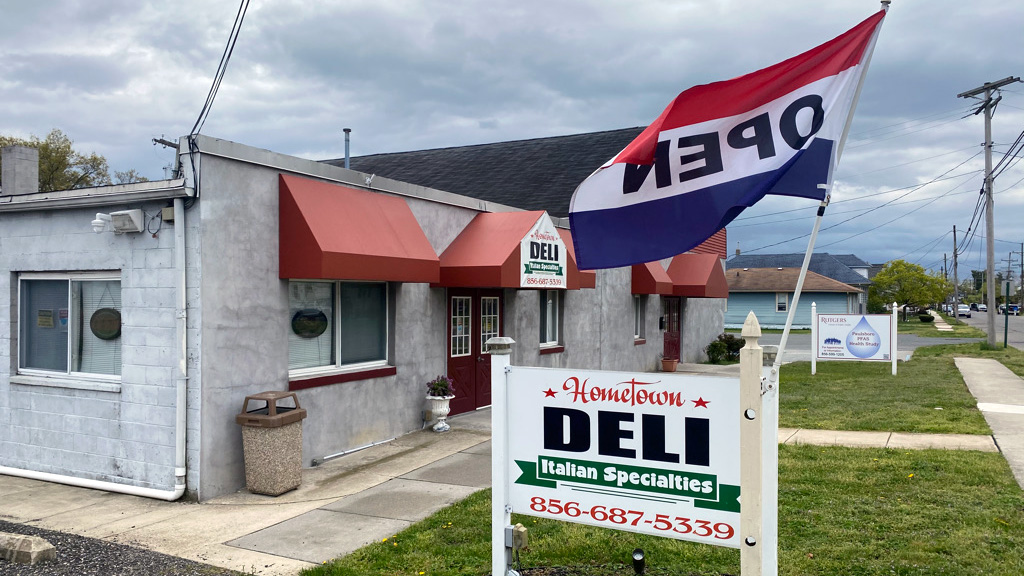One feature of journalism that enriches the trade is the ability for writers to give people the benefit of the doubt. What a good phrase, too! The Benefit of the Doubt. Sounds like an official power of a medieval king. Journalists aren’t kings, but they generally need some sort of evidence to report on potential misdeeds. In general many people and groups are considered good eggs by default, with a burden of proof needed to show any misdeeds. And though there are implicit biases baked into just who gets that doubt, it does extend pretty wide in U.S. news media. Sure, some of it goes to the people you’d expect who may not deserve it: the government, cops, civic leaders, even President Trump when he entered office. But accused criminals also get the word “alleged.” It’s all so optimistic. Hey, maybe these people are all on the up and up!
Businesses also get this benefit of the doubt. Despite the generally agreed-upon position of most businesses that profit should be the sole motivating factor, businesses are often treated as local do-gooders motivated by a big heart who want what’s best for all. Some of this stems from that wide latitude of doubt; also, businesses are often owned by rich people with money to sue. It took a lot of work for the Wall Street Journal to print that Theranos, an obvious fraud, had simply “struggled with its blood test technology.”
And so some business stories become a little dance as the reporter tries to let you decide for yourself if a company is a big scam. I am not above this. Last year I wrote about Hometown International, a company that owned a single deli in Paulsboro, New Jersey, with a market cap at the time of $113 million. Hedge fund manager David Einhorn had flagged it in a letter to clients as an example of lax regulation, and I wanted to review the cheesesteak. It was closed on my first visit, which meant I got two stories out of it when I returned to try the food and buy a t-shirt.
In those, I tried to explain how a single deli location could possibly be worth $100 million—outstanding options put it actually closer to a value of $2 billion—in a way that was deeper than “this is some sort of scam.” (This has been a surprisingly deep well of inquiry for Defector Media.) I talked to professors at universities in New Jersey and Pennsylvania. I did enjoy a pizza steak. But basically I danced around the fact that this was all some kind of scam.
I was not the only one investigating. Yesterday the SEC announced that three men associated with Hometown International had been charged with securities fraud. The government alleges that Peter Coker Sr., Peter Coker Jr., and James Patten all inflated the price of Hometown International and another company through market manipulation and other various fraudulent schemes. Their plan was to dump the shares at inflated prices. But as the SEC says in a press release: “Before the defendants were able to reap the intended profits of the schemes, as alleged, numerous news articles were published discussing the issuers’ inflated stock prices.” Great. Now I look like a narc. Please at least make it “alleged narc” in any stories you write.
The complaint details a schemes surrounding E-Waste Corp., a shell company, and Hometown International. It also gives us a bit of backstory for the deli: In 2014 Patten helped his childhood friend, Paulsboro High School principal and wrestling coach Paul Morina, and Morina’s girlfriend Christine Lindenmuth, a math teacher at the school, open a deli in town. (The pair are listed as Individual-2 and Individual-3 in the charging document; the government said the duo were “only minimally involved in the plan to make Hometown International a publicly traded company.” The Justice Department said in a release that Morina and Lindenmuth were unaware of the scheme.)

Once Hometown became publicly traded, the complaint says, Patten began selling Morina’s and Lindenmuth’s shares to Coker Jr. at steep discounts. Coker Jr. then sold those shares to companies in Macau he himself controlled. The company then attempted to sell some of these shares, as well as shares gifted to friends, on the open market; the government alleges it lied on its SEC filings in order to do meet the requirements.
At the same time, the government says Patten and the Cokers were enriching themselves through the deli. Morina and Lindenmuth had given Patten their passwords to the company’s bank accounts; Patten also had a stamp of Lindenmuth’s signature that he could use to sign company checks. Money from stock sales passed through the company to the three accused fraudsters and companies they controlled. Patten had access to multiple brokerage accounts so he could execute wash trades—basically when an investor acts as both the buyer and seller in a transaction to create the appearance of market activity. The complaint says Patten's IP address shows he was on both sides of these trades of Hometown’s stock. There are some damning email exchanges about other scammy trades in the complaint:
In a December 15, 2020 email from Coker Jr. to Coker Sr. and Patten, Coker Jr. wrote that his associate, '[Individual 4] my hotel guy[,] should have his account set up to trade HWIN by Thursday latest. I will put you guys in touch with [Individual 4] to get his orders sorted on a daily basis. . . . Let’s try to keep the exposure only at what we need I don’t want to burn him out so orders of 100-200-300 daily is do-able.'
The government detailed a similar scheme involving E-Waste Corp which was even more successful: While Hometown’s stock was inflated by just 939 percent, E-Waste stock was inflated a whopping 19,900 percent.
Coker Sr. and Patten were arrested yesterday in North Carolina. Coker Jr. lives in Hong Kong currently and forever now, I guess. Here is the incredible part: The scheme also kind of worked! Despite the negative attention in April 2021 involving the deli, and the firing of Morina, earlier this year Hometown International merged with a bioplastics company and took on the name Makamer Holdings. In August FINRA rejected a change in its ticker name, and so it still trades under the symbol HWIN. E-Waste Corp. merged, too, taking on the name of EZRaider Global.
The deli is no longer needed, however. It closed permanently last month. I still have my t-shirt, at least.






